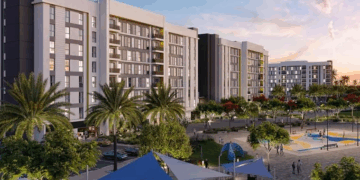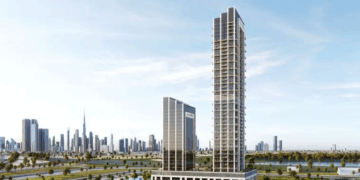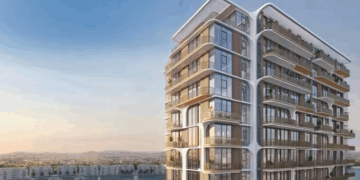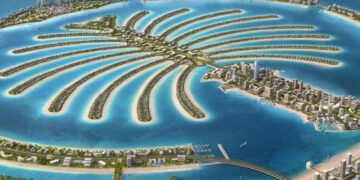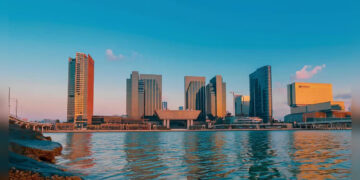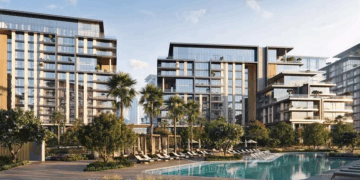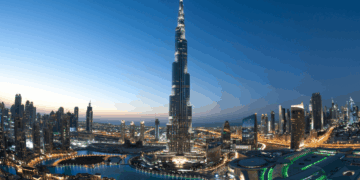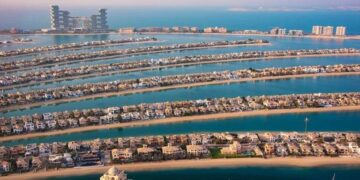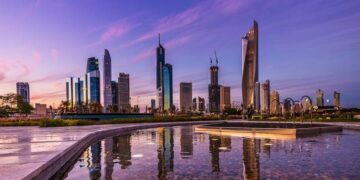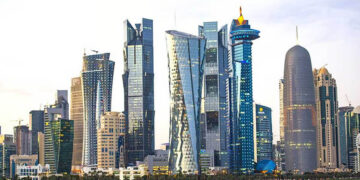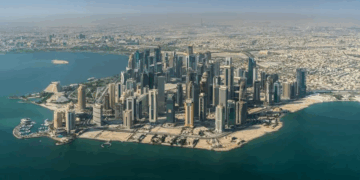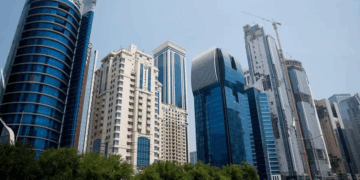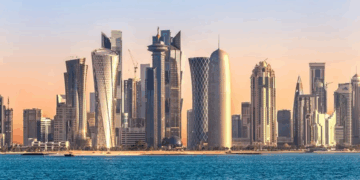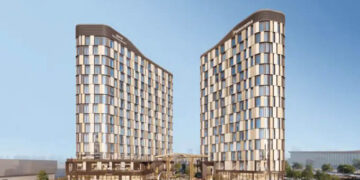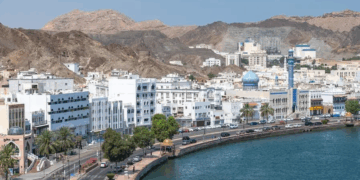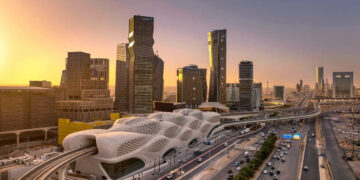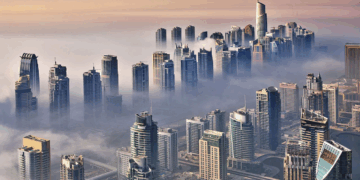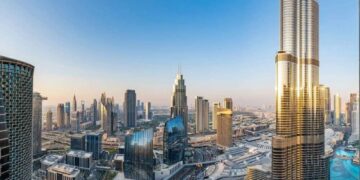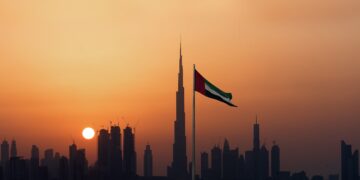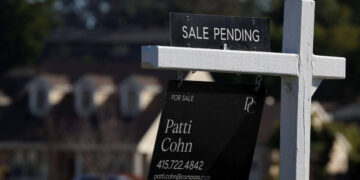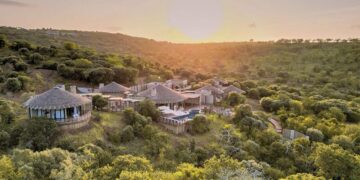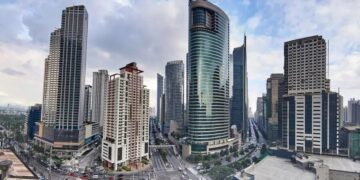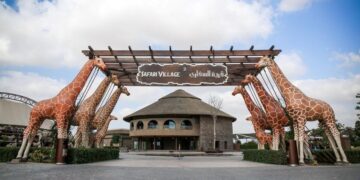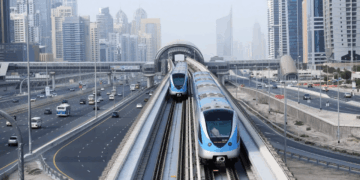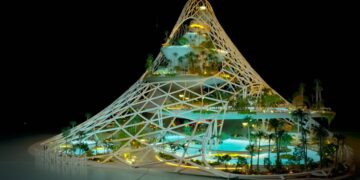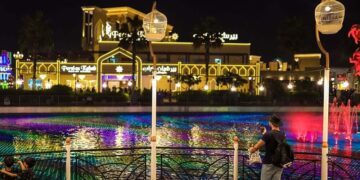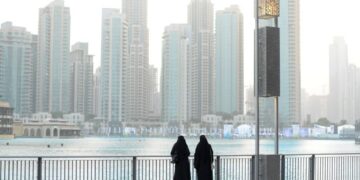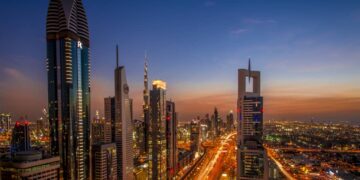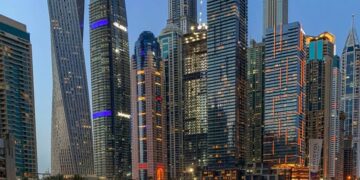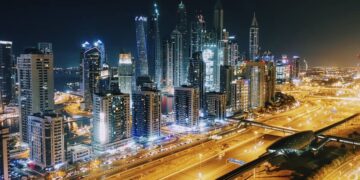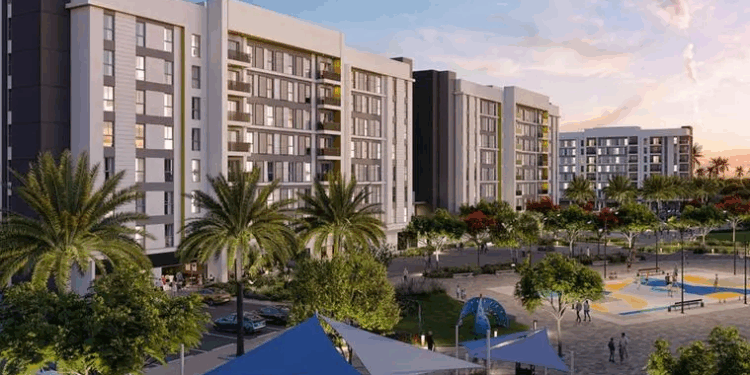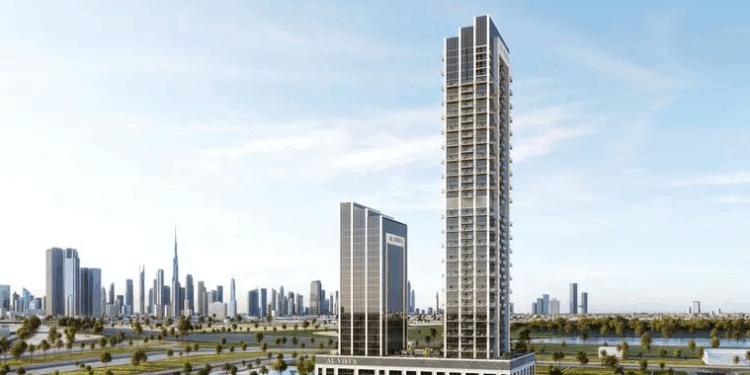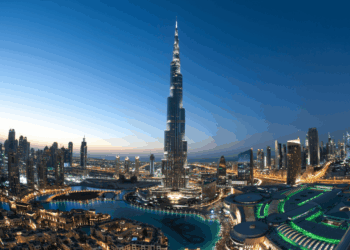Aldar Investment has demonstrated its trust in long-term demand and consistent revenue streams by announcing a comprehensive Dh3.8 billion project to construct new residences for the rental sector in Abu Dhabi.
In addition to the company’s expansion into commercial and logistical assets, which will increase its develop-to-hold pipeline to Dh17.6 billion, the capital will be used for residential developments on Yas Island and Al Shamkha, two regions at the center of Abu Dhabi’s growth plan.
Chief Executive of Aldar Investment, Jassem Salah Busaibe, said the strategy responds to “strong demand for residential rental units, Grade A commercial space and logistics real estate in Abu Dhabi. The develop-to-hold strategy is a core growth driver, enabling us to significantly expand our diverse portfolio of income-generating assets across the UAE while responding to client requirements for professionally managed commercial, residential, logistics, hospitality, retail and education assets.”
In terms of housing, Aldar intends to build a sizable community in Al Shamkha with almost 2,000 units, including studios, one-, two-, and three-bedrooms, aimed at the rental market. The community will have open green space, community retail, and lifestyle facilities. Zayed International Airport is close by, and there are quick highway connections between Abu Dhabi and Dubai.
The developer plans to build 665 rental homes on Yas Island, including 448 flats connected to the island’s staff housing pool and a gated community of 217 townhouses and villas targeted at young professionals and families.
Aldar’s endeavor aligns with strong market fundamentals in Abu Dhabi. The Abu Dhabi Real Estate Centre (ADREC) reports that the total transaction value of 6,896 deals in Q1 2025 increased by 34.5% year over year to over Dh25.3 billion, indicating growing investor confidence. Even though the emirate saw only 3,004 residential units delivered in 2024—46% less than anticipated—research indicates that asking rents increased by 20%, with apartment rents rising by 31% in hot zones like Saadiyat Island. Sales activity may have shifted segments, but preparedness and location are still crucial.
Rents and capital values are under increasing pressure due to the limited supply, particularly for well-located, ready-to-move-in rental stock. The average transaction price for ready-to-move-in properties in Abu Dhabi City was approximately Dh2.5 million in the first quarter of 2025, which was the highest in prior quarters.
In Q1 2025, property prices increased by 7.2% annually, while villa prices increased by 9.7% and apartment prices by 4.5%. Data on rental yields is still convincing: returns for flats in Abu Dhabi are projected to be 5.39 percent, which is far higher than many of their international counterparts.
Aldar’s planned locations are directly in line with customer demand. Al Shamkha is mentioned in market commentary as a mid-market growth zone and is in line with increasing supply pipelines in the emirate; Yas Island has become a lifestyle-driven residential magnet, benefiting from entertainment, retail, and transportation connectivity.
According to data, Abu Dhabi’s larger pipeline is anticipated to add 10,800 new residential units in 2025 and another 6,000 in 2026, increasing inventory from about 275,000 at the end of 2024 to 313,700 by the end of 2028. In light of this, the deliver-to-rent approach seems well-timed: investors looking for income-producing stock in low-tax, high-stability markets, as well as inhabitants moving for job and lifestyle, are driving up rental demand.
The reasoning behind Aldar’s portfolio goes far beyond real estate. The business plans to construct an office park on Yas Island with 47,500 square meters of leasable space spread across four towers, right next to Yas Mall and Aldar’s Aldar Square headquarters, in addition to the residential roll-out. Near the current Abu Dhabi Business Hub, where occupancy already above 93%, the logistics division will add 175,000 square meters of logistics space. The entire suite supports the company’s concept of a variety of recurring-income asset classes, including logistics, commercial, and residential.
Property consultants claim that from a market standpoint, this is a time of alignment: high demand, limited new supply, growing values, and developer-led products targeted at new community-driven living. The argument that “location, readiness, and professional management” are more important than purely speculative price gains is becoming more prevalent among investors and residential renters.
“For Abu Dhabi, the outcome may well be a stronger residential rental ecosystem, longer-term income generation, and communities built for next-gen mobility, connectivity and lifestyle,” they said.
Aldar’s action also highlights how Abu Dhabi’s residential neighborhoods are being rethought as professionally run, rental-focused spaces that are suitable for the city’s expanding retail, recreational, and transportation infrastructure as well as a growing number of nationals and expatriates looking for modern living.
